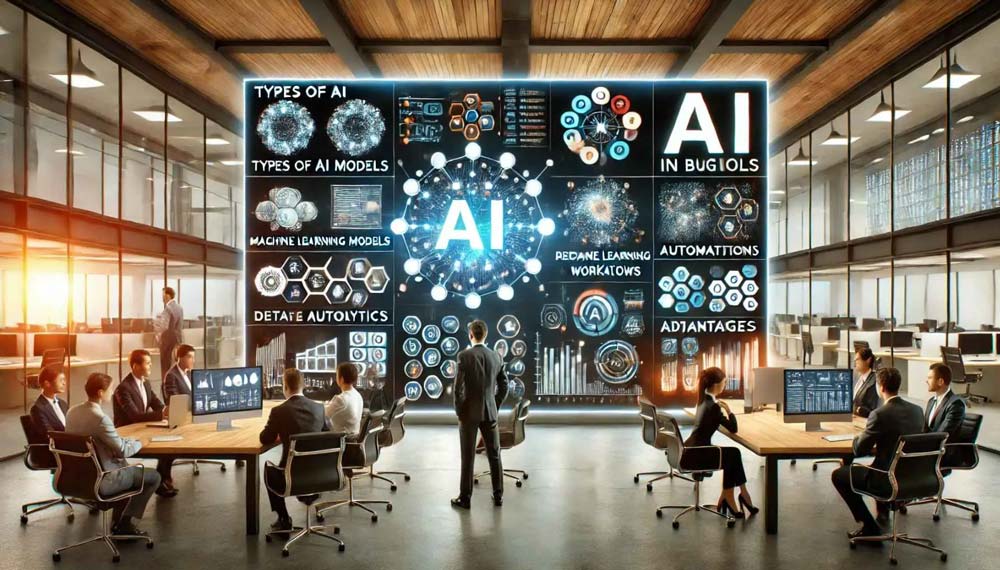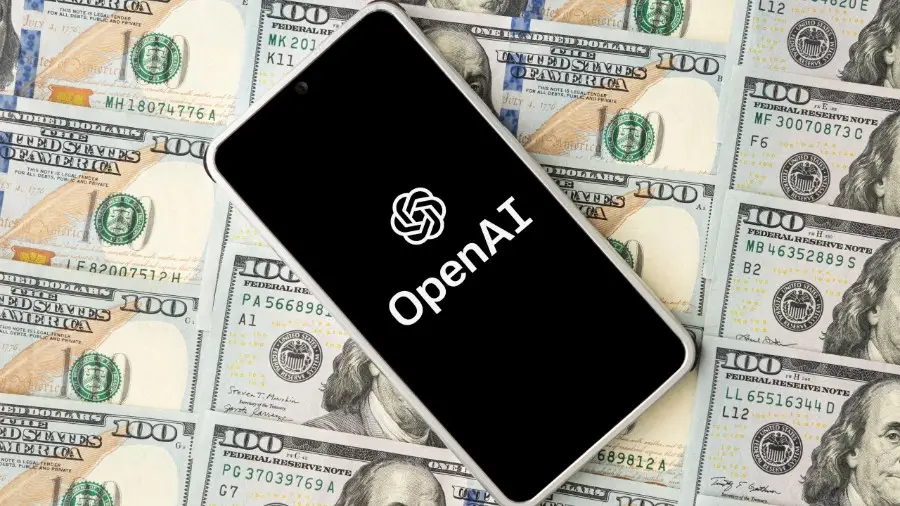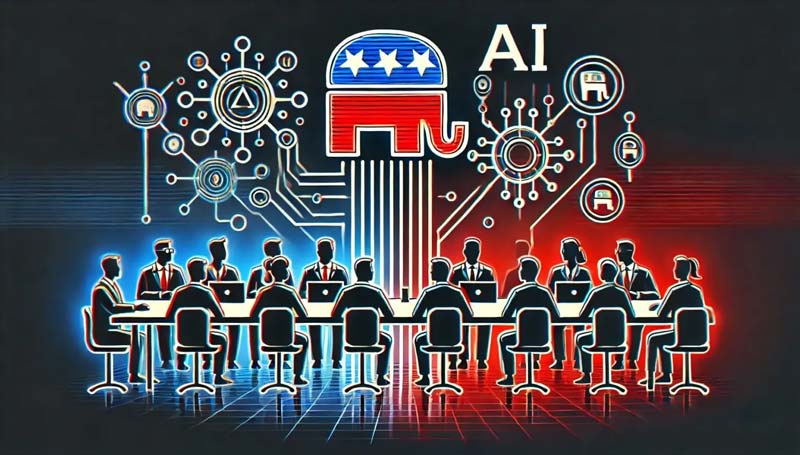In the United States, AI is rapidly creating billionaires. So far this year, startups like Anthropic, Safe Superintelligence, OpenAI, and Anysphere have been raising capital aggressively, their valuations steadily rising, and minting a wave of billionaires.
According to CB Insights, there are currently 498 AI unicorns worldwide, with a total value of $2.7 trillion, 100 of which were founded after 2023. The agency also noted that the number of AI startups valued at over $100 million has exceeded 1,300.
MIT researcher Andrew McAfee said, "Looking back at the statistics over the past 100 years, we haven't seen wealth created on this scale and at this rate."

The number of billionaires minted by AI has increased significantly.
In March of this year, Bloomberg estimated that the four largest private AI companies had created at least 15 billionaires, with a combined net worth of $38 billion. Since then, more than a dozen unicorns have been created.
For example, Mira Murati, a former OpenAI employee, left the company in September of last year and founded Thinking Machines Lab in February of this year. In July, the company raised $2 billion at a valuation of $12 billion.
Anthropic is seeking funding at a valuation of $170 billion, triple its March valuation. If the funding is successful, founder Dario Amodei and his six co-founders will be worth over $1 billion.
Anthropic also raised funding in June at a valuation of $9.9 billion, with some even quoting a valuation of $18 to $20 billion. Anysphere founder Michael Truell, only 25, has already become a billionaire.
Thanks to continued investment from venture capital funds, sovereign wealth funds, family offices, and other tech investors, AI startups can remain private for extended periods, avoiding the need to rush to go public.
Furthermore, thanks to a thriving secondary market, equity holders are able to cash out, and many founders are even able to use their equity as collateral for loans.
OpenAI is in talks to sell shares, providing employees with an opportunity to cash out. The company's valuation is approximately $500 billion, up from $300 billion in March, demonstrating just how frenzied the market has become.

According to CB Insights, there have been 73 liquidity events in the AI sector since 2023, including mergers and acquisitions, initial public offerings (IPOs), reverse mergers, or acquisitions of majority stakes. For example, Meta recently invested $14.3 billion in Scale AI. In 2018, co-founder Lucy Guo resigned and subsequently purchased a mansion in the Hollywood Hills of Los Angeles worth approximately $30 million.
Today, AI activity in the United States is primarily concentrated in the San Francisco Bay Area. San Francisco now has more billionaires than New York, with 82 to New York's 66. Over the past decade, the number of millionaires in the Bay Area has doubled, while New York's has only grown by 45%.
According to Sotheby's International Realty, the number of $20 million homes sold in San Francisco reached a record high last year.
MIT researcher Andrew McAfee believes that the AI boom in the United States is geographically concentrated. For 25 years, many have said that Silicon Valley will fade, or that some other region will become the new Silicon Valley, but Silicon Valley remains Silicon Valley.
AI Has No Significant Impact on Employment Yet
The widespread publicity suggests that the job market has been disrupted by AI. Is this really the case? In reality, AI has not yet had a significant impact on the workplace, at least not yet.
A workplace survey report, based on data from labor market analysts and financial reports, shows that there is currently no evidence that widespread AI adoption will have a significant economic impact.
"This is a very emotional issue for people," said Martha Gimbel, an executive at the Yale Budget Lab. "Many people believe the data will reveal the answers, but we don't see the evidence yet."
The stock market's growth is primarily driven by the continued performance improvements of companies like Nvidia, Google, Meta, and Microsoft, which have invested heavily in developing AI products. This has led some companies to deliberately exaggerate AI's potential. During their second-quarter earnings conference calls, approximately two-thirds of S&P 500 companies mentioned artificial intelligence, compared to less than half in the first quarter.
Amid the current economic downturn, companies are facing increasing cost pressures and are promoting AI as a cost-saving tool. However, the actual effectiveness of AI in reducing costs and increasing efficiency has been far less than advertised.

Tech entrepreneur Roger Lee stated, "In 2023, if you saw layoffs at major tech companies, they would have attributed it to rising interest rates or macroeconomic uncertainty. Now, they're blaming AI for the layoffs."
Anthropic CEO Dario Amodei previously predicted that half of all entry-level white-collar jobs would disappear within the next one to five years, with the unemployment rate soaring to between 10% and 20%.
However, according to labor market analytics firm Revelio Labs, all job postings have declined since 2023, with entry-level positions impacted by AI experiencing the sharpest decline, while senior positions have begun to recover. For white-collar occupations most vulnerable to AI, employment trends have remained relatively stable.
While companies like Intel and Microsoft have made significant layoffs and attributed the cause to AI, tech entrepreneur Roger Lee noted, "It appears that many of the job cuts are related to AI, but in some cases, AI is just a cover-up."
In theory, the application of AI should increase productivity, but economists have found that productivity in the United States is actually declining. In reality, AI currently benefits only consumers and hasn't demonstrated the potential for businesses as anticipated. Because AI is essentially free, its value isn't reflected in GDP.
Goldman Sachs analyst Joseph Briggs noted, "For now, the impact of AI on the overall labor market is quite minimal. For recent graduates, whose unemployment rates have risen, the correlation between personal experience and AI is exaggerated."
JPMorgan Chase holds a similar view, believing that AI currently has no significant impact on job creation or decline.
